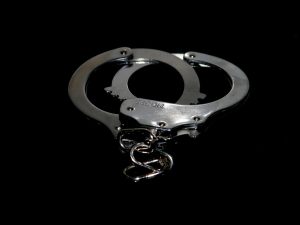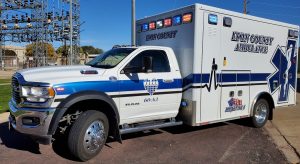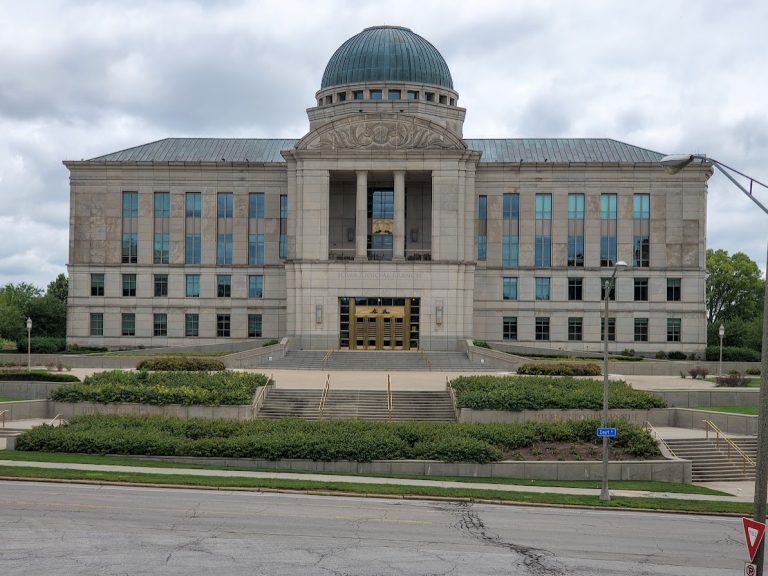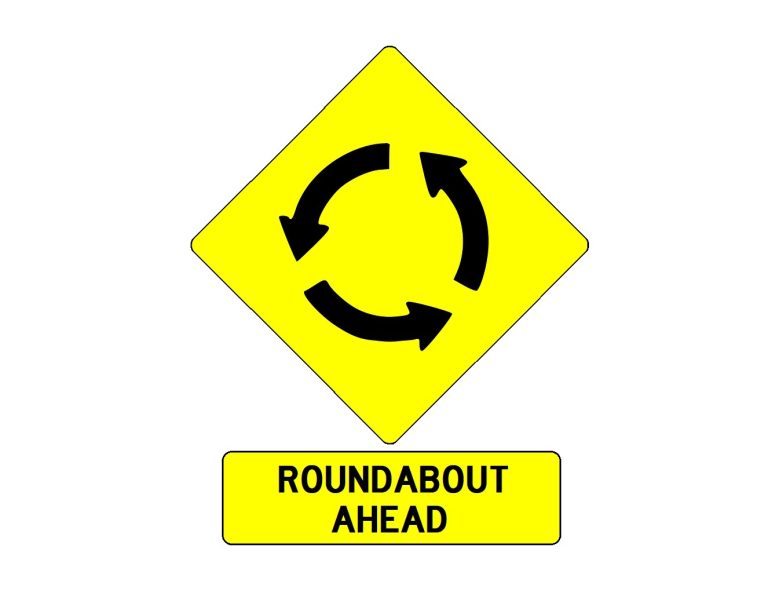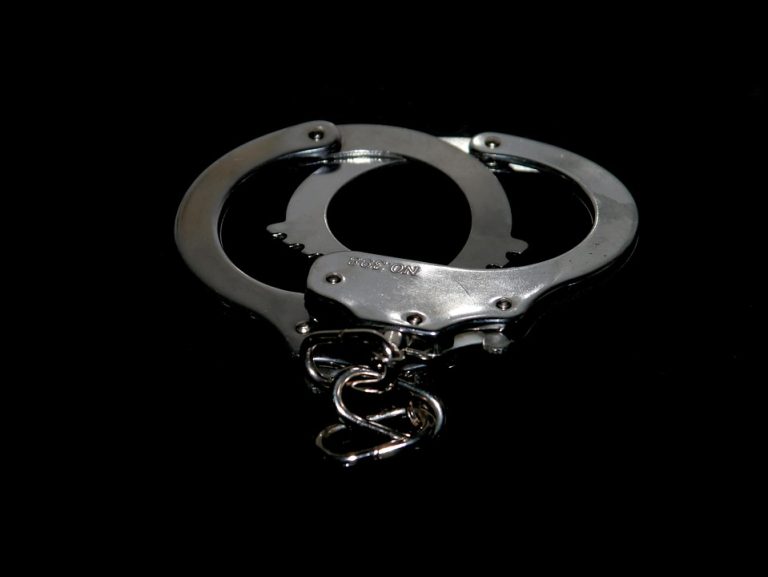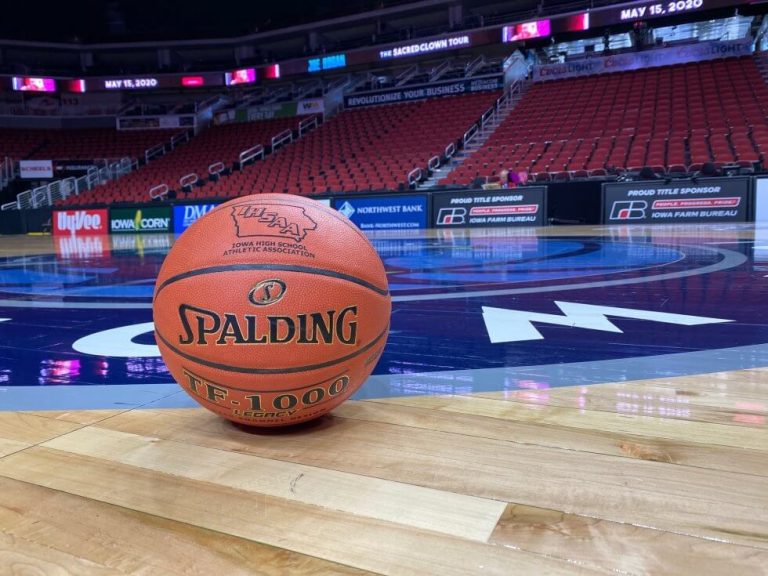Statewide Iowa — As much as we love fireworks displays, drifting smoke can cause breathing problems for some and drought conditions may pose additional risks this year.
Dry conditions and the threat of fires may cause some towns to take extra precautions with fireworks displays. Whether attending a display or celebrating in your backyard, keep these four safety tips in mind.
First, if your family or friends suffer from asthma or respiratory difficulties, it’s important for them to stay upwind, a safe distance from fireworks smoke. The elderly and children are also vulnerable to high levels of smoke, according to the Iowa DNR.
Sensitive people are most likely to have trouble breathing when air is stagnant. With no breeze, fine particles can be trapped near the ground and build to unhealthy levels.
Smoke contains fine particles and gases, which can be hard on the lungs. Fine particles in fireworks’ smoke are produced from black powder used to shoot fireworks skyward along with the metals that produce brilliant colors.
Those unable to avoid areas of dense smoke should limit outdoor activity and contact their health care provider if experiencing difficulty breathing.
Second, while fireworks and celebrations go together, remember fireworks can cause serious burns and eye injuries. The Iowa Department of Public Health encourages families to make sure an adult supervises fireworks and keeps young children from playing with or igniting them. Keep fireworks pointed away from you and others when igniting them, and back up quickly after lighting. If fireworks don’t ignite or burn fully, don’t try to relight them or pick them up. Keep a bucket of water or hose on hand to respond to a fire or mishap.
The Iowa Department of Public Health reports there were seven inpatient hospitalizations and 15 hospital admissions for emergency room treatment related to fireworks injuries last year. Check for more safety tips from the Consumer Product and Safety Commission. Check with local authorities for restrictions on shooting fireworks inside city limits. Note that fireworks are prohibited in state parks; only sparklers are allowed.
Third, play it safe if dry conditions prevail at your location. Shooting off fireworks is no fun if they ignite a fire, burning lawns or nearby fields. It’s also smart to check the State Fire Marshal’s website at https://dps.iowa.gov/divisions/state-fire-marshal for any countywide burn bans. According to the State Fire Marshal Division, municipalities and citizens are allowed to shoot fireworks despite a countywide burn ban. However, if fireworks are determined to start a fire while a burn ban is in effect, responsible persons could be charged.
“If you’re going to shoot fireworks, it’s always good to keep a bucket of water or a garden hose handy in case of fire, and never point or shoot fireworks at another person,” says State Fire Marshal Dan Wood. “With the severe drought throughout the state, it’s also a good practice to keep fireworks at least 300 feet from structures and dry vegetation.”
If fireworks are allowed, place your launchpad on a hard, flat spot such as bare dirt or concrete. Avoid areas with trees, grass or buildings that might catch fire. For more consumer safety information from the State Fire Marshal Division, visit “Make Sure Your Fourth Rules” web page.
Finally, play it safe and dispose of your unused fireworks carefully. Safe storage and disposal protects you, your family and your waste haulers. The U.S. Environmental Protection Agency has fireworks guidelines for businesses.
Last year, fine particle levels exceeding national standards were recorded in Davenport, Des Moines and Muscatine on the Fourth. Des Moines exceeded the standard again the following day. Learn more about fine particles (PM2.5) and how fireworks displays can affect sensitive populations.

